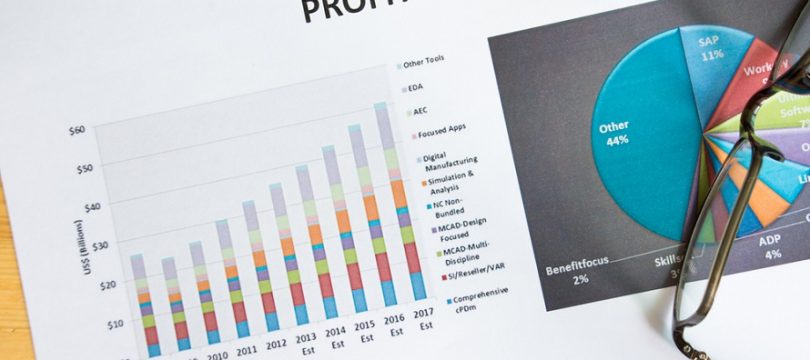
Over the last couple of months, I have been doing a lot of work with a number of clients around cost and commercial management on their projects. This is one of the most challenging areas to get on top of within a large or mega project. It also causes some of the most angst and concern for board members on projects as they grapple with managing expectations around where costs are going to end up at the end of the project with their home organisations, boards and bosses.
Managing the commercial expectations of a project board is a challenging assignment for any project management team. There is this balance between providing enough reporting information to Board members to ensure that they gain confidence and certainty around the commercial position now and where it is going to end up at the end of the project and empowering the management team and wider project team to drive the commercial performance of the project.
How you maintain this balance is the million dollar question. The answer is through a combination of your reporting, systems, structures, training and other key commercial and cost practices that embed a cost conscious culture.
The place to perhaps start on how you address this challenge is to work through what confidence and certainty means for your commercial and cost management ethos on your project. How do you achieve it, and how do you manage the expectations of the board around these two key elements?
From my experience, this requires you to be really clear what both mean in practice on the project. I have explored key concepts, practices and processes you need to have in place below:
Confidence
- Does your reporting give you information that shows where you have been financially, where we are at now and forecasts projections, variances, costs to complete and earned value in the future?
- Is your cost management and reporting systems robust and appropriate for the size of the project or have they been bolted on from a previous project?
- Are budget owners on the project confident in their numbers and take ownership for reporting against them?
- Does your project induction process for new project team members cover commercial and cost acumen and why it is critical?
- Is the coding of project costs clear, transparent and owned by budget holders?
- Are budget holders trained and confident in what they need to do to manage their costs proactively?
- Are we questioning our key sub-contractors and suppliers costs and ensuring we are getting value for money?
- Is your board confident in the numbers that they are being presented with?
- Are the end numbers constantly changing from cost report to cost report or are they within an acceptable range promoting confidence in the end outcome?
- Are budget owners clear on their budget thresholds, delegations and authority?
Certainty
- Is there a cost culture embedded within the project that ensures we have certainty in the cost outcome?
- Do your budget holders understand their top three costs and how they plan to proactively manage them?
- Are known and unknown risks understood, priced and taken in to account as part of the forecasting process?
- Are contingency items understood and factored in to the forecast and reporting?
- Are risk management systems embedded and drive proactive risk practices on your project?
- Are the forecasting processes robust and ensure that budget holders are proactively predicting where the project will end up?
- Are variances discussed early and proactively managed to minimise cost overruns?
- Do our systems and practices capture all costs in the right areas?
- Are the reports providing the information the home organisations need to manage expectations effectively internally?
The questions above are a good start to think about how you instill confidence and certainty in to your board members, management team and project team when managing costs and commercial performance on a large project. Ask these tough questions up front to really diagnose where you are currently at on your project. The questions and corresponding answers could save a lot of time and money in how you manage expectations commercially from the start of the project.
Are there any other questions that you think fit under these categories? We would love to hear your thoughts on this to assist others in how to manage commercial expectations from all stakeholders on projects.
Free live webinar on how to develop your commercial skills in government
We are providing a free webinar on the 4th of December taking you through how your service providers operate commercially, their business models, and how to use the right commercial qualifiers and assumptions, risk allocation and procurement models to to deliver better outcomes. We will also outline why commercial skills are a must-have for any government leader. Register Now.



